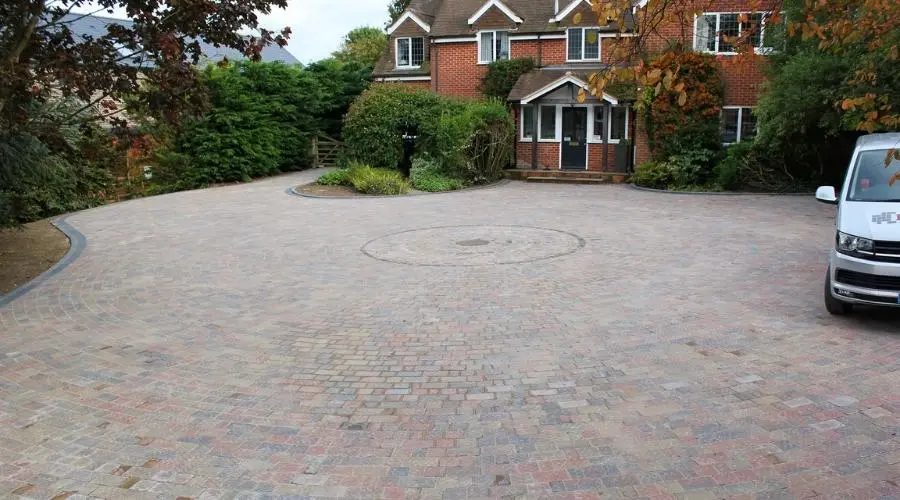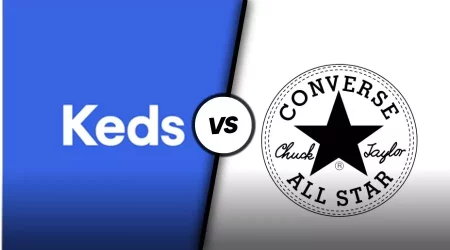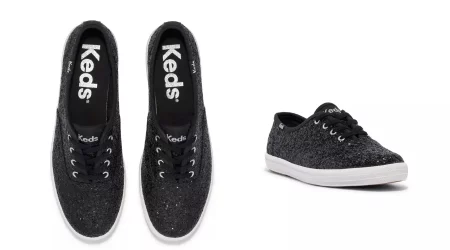Homeowners often have trouble figuring out what kind of paving material will work best for their yards. On the one hand, you have traditional choices like concrete and tarmacadam. On the other hand, you have options like gravel, stone, and resin bound/bonded aggregate. Each of these materials has its strengths, which makes it harder to choose. But Block Paving for driveways is quickly becoming the paving material of choice for many homeowners in the UK when it comes to landscaping.
Block Paving for driveways is a way to make a hard surface out of individual paver blocks. There have been blocking pavers for a long time. As early as 500 BC, Romans were using pavers to build roads and paths. In the 1940s, the modern paver block was very popular in Holland. In the decades that followed, the material was used a lot in Germany, most of Europe, and the US.
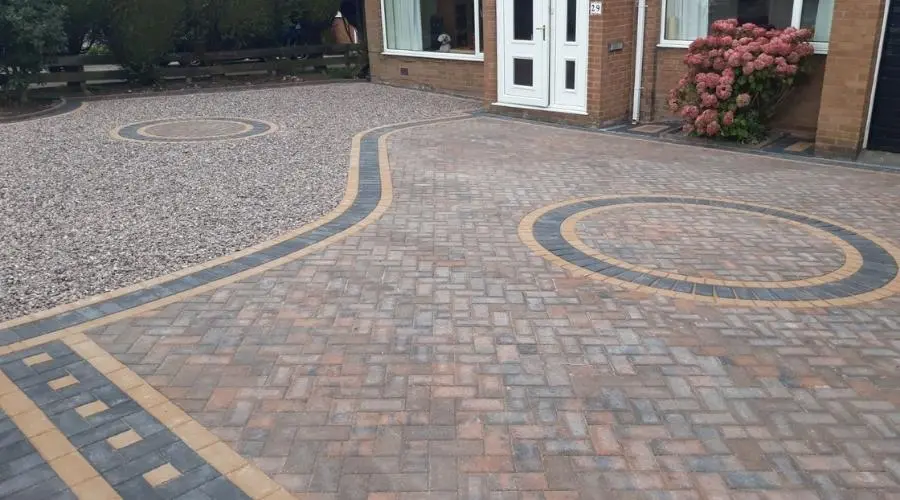
There are two main kinds of paver blocks: those made of concrete and those made of clay that has been fired in a kiln. Both have pros and cons, and you can choose which one to use based on what you want the block paved surface for. So, you can’t go wrong with either one of the two options. For example, concrete paver blocks are very strong, last a long time, and don’t react badly with many chemicals. Because of this, they can be used for a wide range of hard landscaping projects. At the same time, paving experts recommend clay pavers for places like the patio and the garden because they let water through very well. As paving blocks, they are very flexible and can be used for many different things.
Pros of Block Paving for Driveways
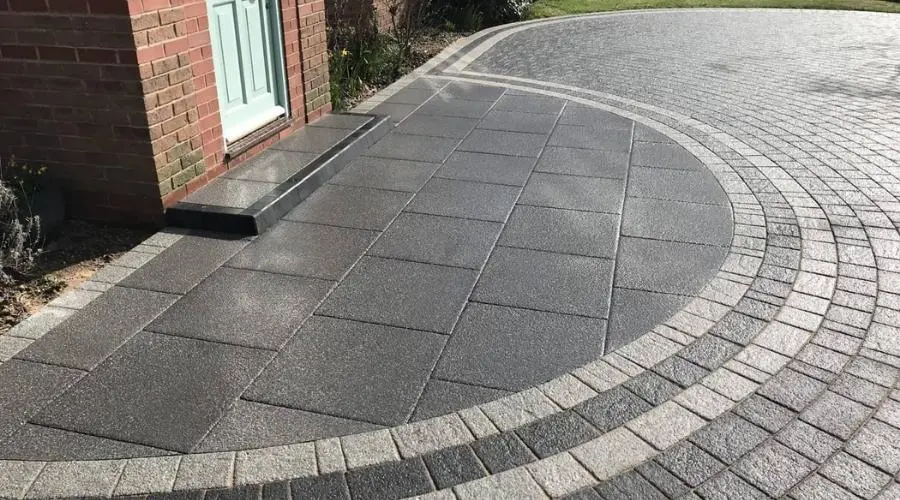
The advantage of Block Paving for driveways is usually made out of stone or brick, which makes it very durable. The surface below is perfectly leveled with a lot of care so that your blocks are level, which makes them easy to walk on, safe, and much less likely to move. All of this makes for a driveway that is built to last.
Style Choices: blocks come in as many colors, shapes, and textures as there are kinds of stone. You’ll be able to find the right blocks to improve the look of your home, and with so many different patterns to choose from, your driveway will be more interesting.
Easy Fixes: If a block comes loose over the life of the driveway, it’s a breeze to put it back in place. In the same way, if your driveway is stained, it’s easier and more reliable to replace the stained blocks than to use methods like chemical cleaners that aren’t always effective.
Years of Driveway Brilliance: Block Paving for driveways takes more time and money, but it looks great and is the most reliable type of driveway. If you have a good block-paved driveway put in by professionals, you won’t have any problems, rain or shine.
What can’t be done with blocks?
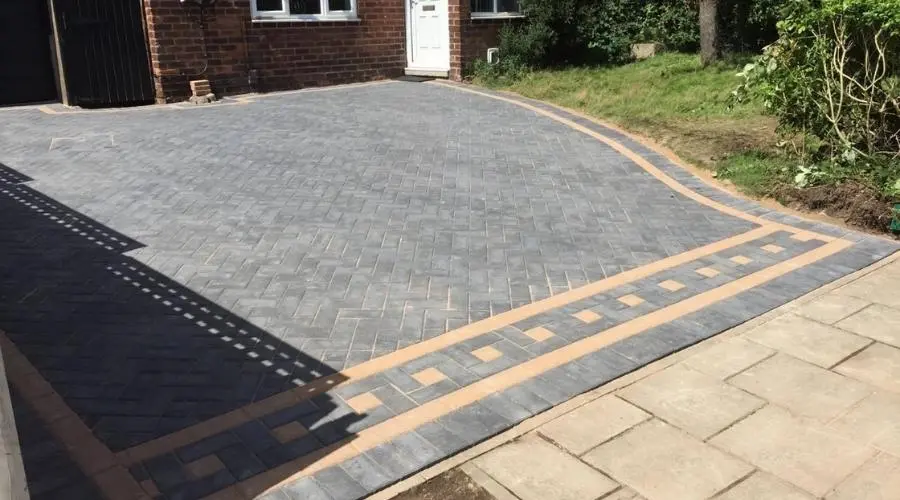
Less Affordable: Block paving for driveways may cost more upfront than other types of driveways, but it will pay off in the long run because it doesn’t need much maintenance and costs less to fix or replace blocks. So, it’s a great way to put money into your home. There is also a way to use block pavers for every budget.
Preparation Time: If you want to get your house ready to sell quickly, you might be better off with a different type of surface. Because it takes a lot of skill to lay Block Paving for driveways correctly, a lot of work goes into preparing this type of driveway to make sure it has good drainage, a level surface, and a clean finish.
Conclusion
In conclusion, Block Paving for driveways is a more contemporary, versatile, and long-lasting option for a driveway surface than resin, concrete, or gravel, which is why it is such a popular choice among homeowners of both residential and commercial properties. Savewithnerds invites readers to their official website for further information.




